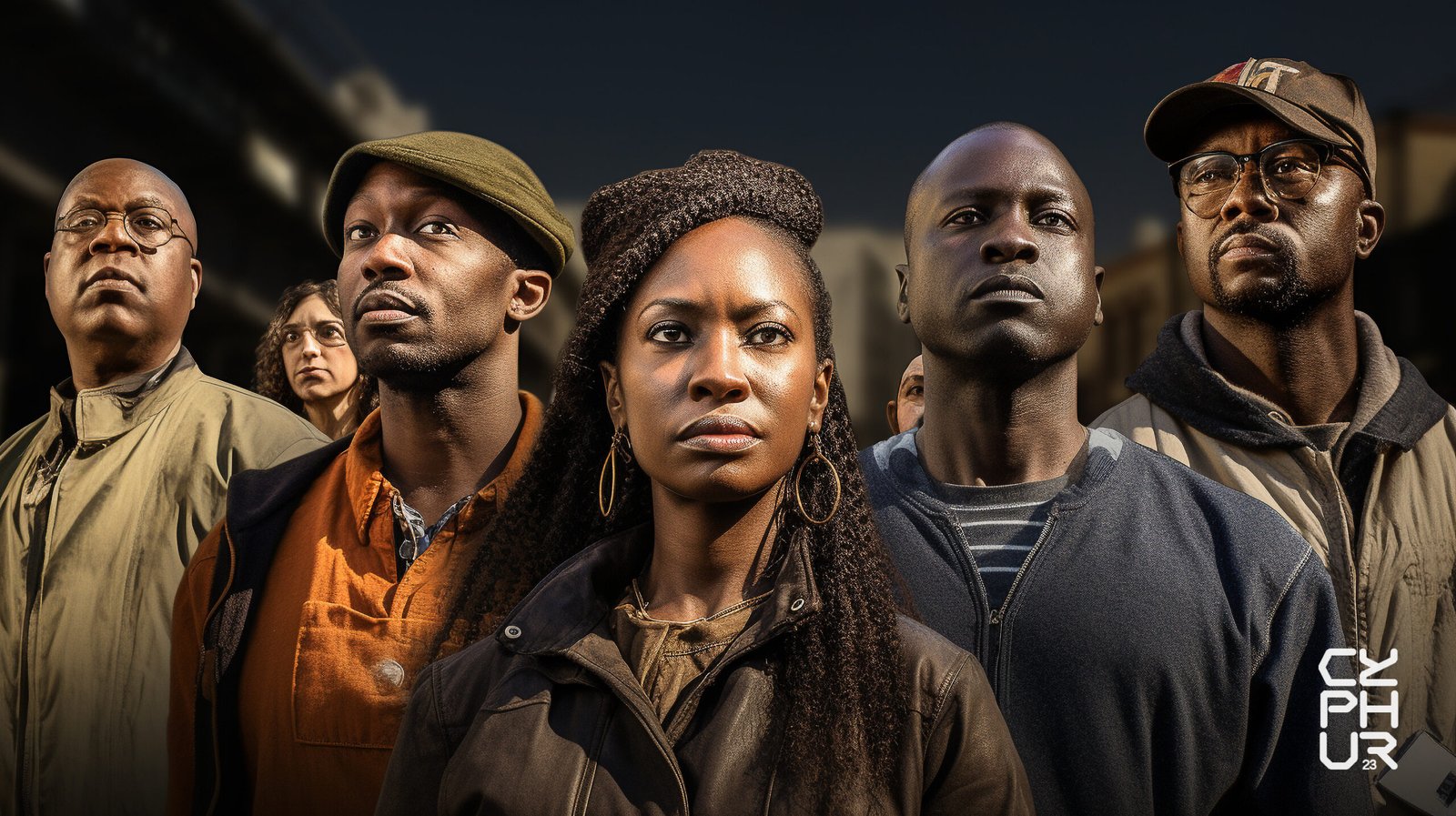In recent times, there have been troubling assertions by certain individuals, including Vivek Ramaswamy, suggesting that teaching African American children about their history is somehow “psychologically racist” and harmful. This misguided belief undermines the imperative for a well-rounded education that includes a thorough understanding of all cultures’ histories, including the often painful experiences of African Americans in the United States.
It is essential to acknowledge that educating children about their history, regardless of their racial background, plays a crucial role in building a compassionate, informed, and empathetic society. By understanding the struggles and achievements of different cultures, we foster unity and learn from the past to build a better future for all. This is not about guilt or blame; it is about learning from history’s mistakes and striving for a more just and inclusive society.
Singling out African American history for exclusion from educational curricula is deeply problematic. It perpetuates the long-standing tradition of marginalizing this community, denying them the opportunity to celebrate their accomplishments, and sweeping their struggles under the rug. Such actions contribute to a “whitewashing” of history and create a false narrative that diminishes the significance of the African American experience.
It is crucial to note that teaching African American history is not about promoting a victim mentality or perpetuating resentment; it is about empowering future generations to acknowledge and overcome historical injustices. By facing the truth of the past, we cultivate resilience and determination in the face of adversity. This knowledge allows individuals, regardless of their background, to work together to eradicate racism and promote equality.
Accusations of individuals like Ramaswamy benefiting from minority advancement are simplistic and fail to consider the complexities of societal progress. While some may have had opportunities due to affirmative action or other measures, attributing their success solely to this factor is reductive. Many individuals from minority backgrounds, like Ramaswamy, have worked diligently, overcoming numerous obstacles to achieve their goals.
However, acknowledging the achievements of a few individuals does not negate the broader realities of systemic racism and its lasting impact on marginalized communities. Success stories should not be used to dismiss or undermine the continued struggle for equality faced by many African Americans and other minority groups.
The assertion that dialogue and education about minority advancement are merely “flavor of the month” trends is a gross mischaracterization. Such discussions are essential for confronting ongoing injustices and ensuring that history does not repeat itself. By engaging in meaningful conversations, we create opportunities to address disparities and advocate for systemic change.
The opposition to educating African American children about their history often stems from a fear of confronting uncomfortable truths. However, avoiding these conversations does a disservice to the collective growth and development of our society. It perpetuates ignorance and sustains a cycle of discrimination that hinders progress for all.
A well-informed citizenry is essential for a thriving democracy. We cannot expect to build a fair and inclusive nation if we do not acknowledge the past and its impact on the present. Our collective history is a tapestry woven from the diverse experiences of all its inhabitants, and ignoring or downplaying any part of it leads to a distorted view of reality.
Rather than condemning education about African American history, we should embrace it as a vital component of a comprehensive and honest curriculum. By teaching children about the struggles and achievements of all cultures, we foster empathy and understanding, creating a more compassionate and united society.
The attempt to undermine the importance of educating African American children about their history is a dangerous proposition that perpetuates ignorance and reinforces systemic inequalities. Embracing the truth of our collective past, acknowledging the injustices, and celebrating the triumphs is essential for building a better future for all. The path to progress lies in dialogue, empathy, and an unwavering commitment to justice and equality. Let us stand together to ensure that no community is left behind and that every child receives a comprehensive education that reflects the richness of our shared history.
